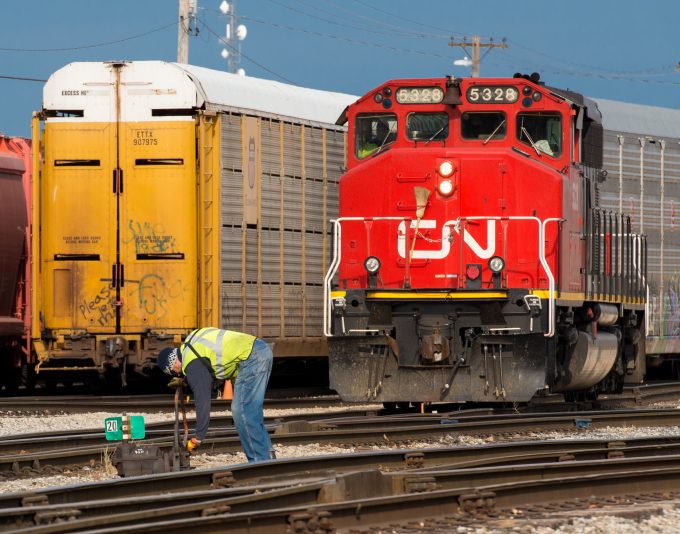Gemini to reintroduce direct Asia-Europe calls at Aarhus and Gothenburg
The first cracks in the Gemini partners’ philosophy of limiting direct calls on their Asia-Europe ...

Yesterday Canadian National (CN) announced it had shut down an entire section of its network, affecting the rail company’s operations east of Toronto, and all its transcontinental train services.
The decision followed a week of blockades that forced the cancellation of hundreds of trains of Canada’s ...
CMA CGM South Korean staff strike over bonuses after bumper 2024 profit
'Another painful headache for shippers' as Asia-N Europe rate rally ends
Amazon Air Cargo partners-up for new transpacific route into the US
MSC switches two more Asia-Europe port calls from congested Antwerp
Ports and supply chain operators weigh in on funding for CPB
Nightmare for Bangladeshi exporters as congestion and tariffs bite
Carriers introduce surcharges as congestion builds at African ports
CMA airline returns two freighters, while ANA takeover of NCA looms

Comment on this article